If it’s an exaggeration to say HÃ¥kan Samuelsson has worked miracles at Volvo since becoming chief executive eight years ago, the overstatement can only be slight.
In that time, Volvo has doubled its annual car output to 700,000 units, raised its brand image to par with Audi-BMW-Mercedes, restored its previously weakened grip on the US market by opening a factory there, made big inroads in China and expects its car range to comprise 50% pure-electric models by 2025. Small wonder Autocar’s judging panel chose Samuelsson to win this year’s Issigonis Trophy, our premier award.
Given Volvo’s sheer pace of change, Samuelsson’s craggy-voiced, deliberate way of speaking takes you by surprise at first. But soon you learn that the voice suits the management style: this is not a man who bounces about spouting targets and KPIs. He actively dislikes those – so how has he delivered the success?
“There are three factors,” he says. “First, we’re selling our best Volvos ever. Our quality and technology are good, but now we have great design. Ten years ago, I think we can agree Volvo styling was not at its best. Second, we’ve regained US momentum. Five years ago, people speculated that we’d leave America altogether. Dealers asked how we expected to do well in their country if we didn’t invest there. That was an eye-opener for me. Third is the advantage of being owned by Geely, which gives us premium access to China. Add those up and you see our progress.”
Did Samuelsson expect such growth – six record years to 2019 and expansion of around 10% a year? “If you want to be a great company, the last thing you say is that you want to be great in 10 years’ time. It doesn’t create energy or motivation. It’s what you do today that counts,” he says. “We concentrated on doing what was needed and were confident of a good result.”
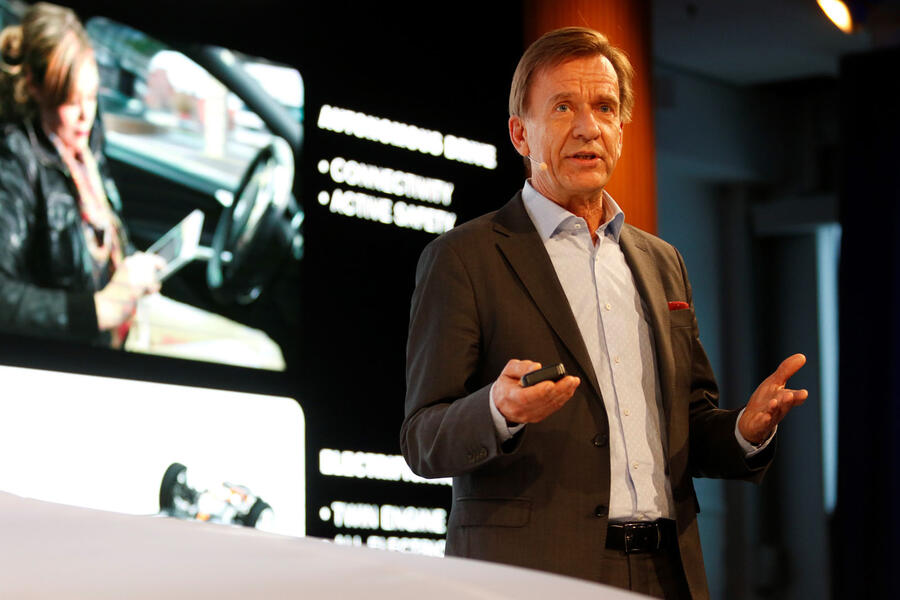
Progress meant finding a new way of facing up the Germans. “We decided long ago that we had to be premium. But we did too much benchmarking and copying. My first question was: what about safety? That’s a traditional Volvo value. People told me everyone had it these days. But the Germans are successful because they have known attributes: technology for Audi, driving dynamics for BMW, premium quality and prestige for Mercedes. We needed something different.”
Samuelsson decided Volvo had to be “human centric”, with safety and sustainability at its core. “If you looked at society, you could see the wind blowing in that direction,” he says. “We began to major on it. Safety of families became important and a part of that was being bold enough to introduce a speed limit. [All Volvos are now governed to 112mph.] And sustainability matched that. For many people, guarding the planet is a part of guarding their families.”

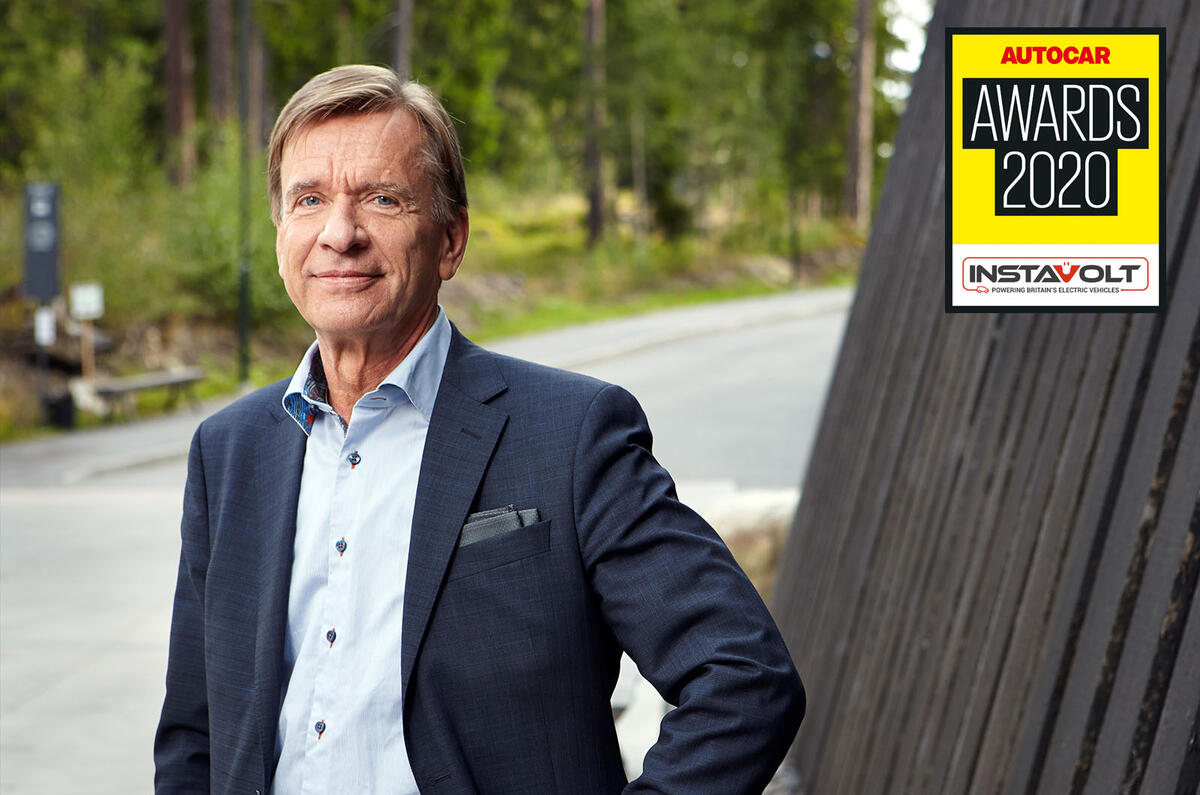
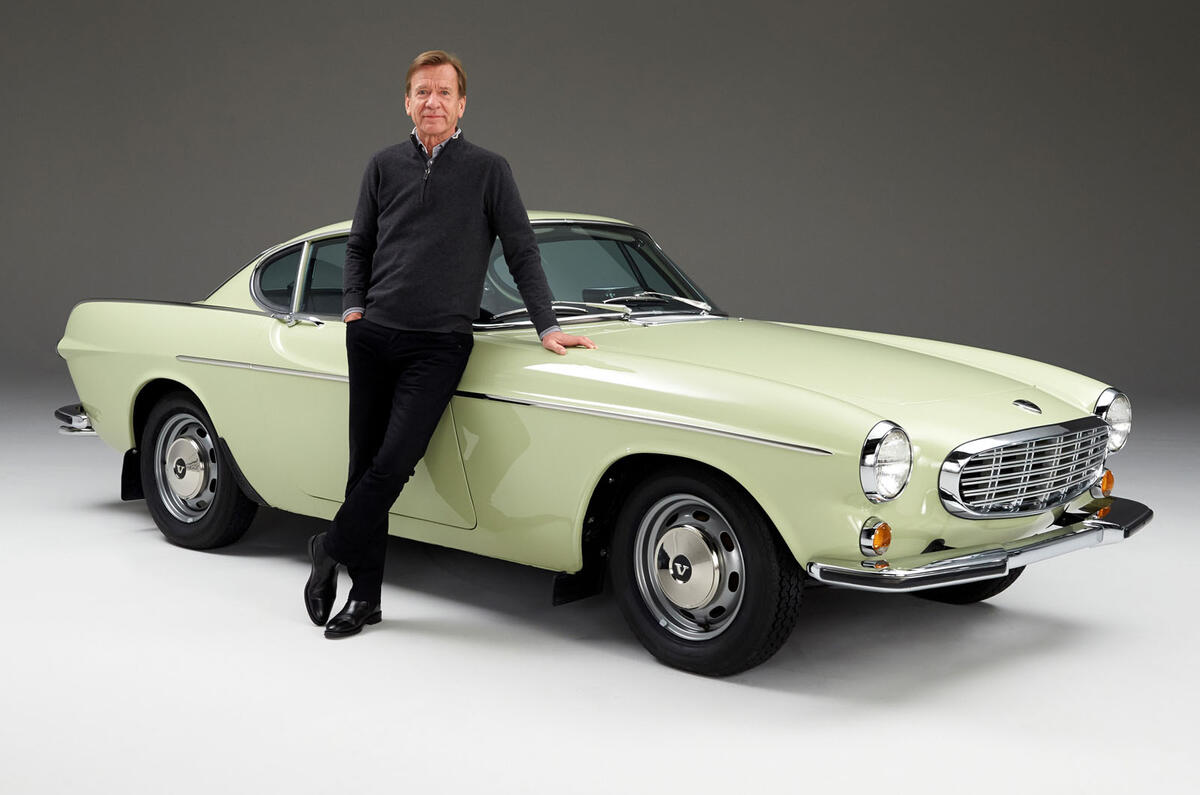
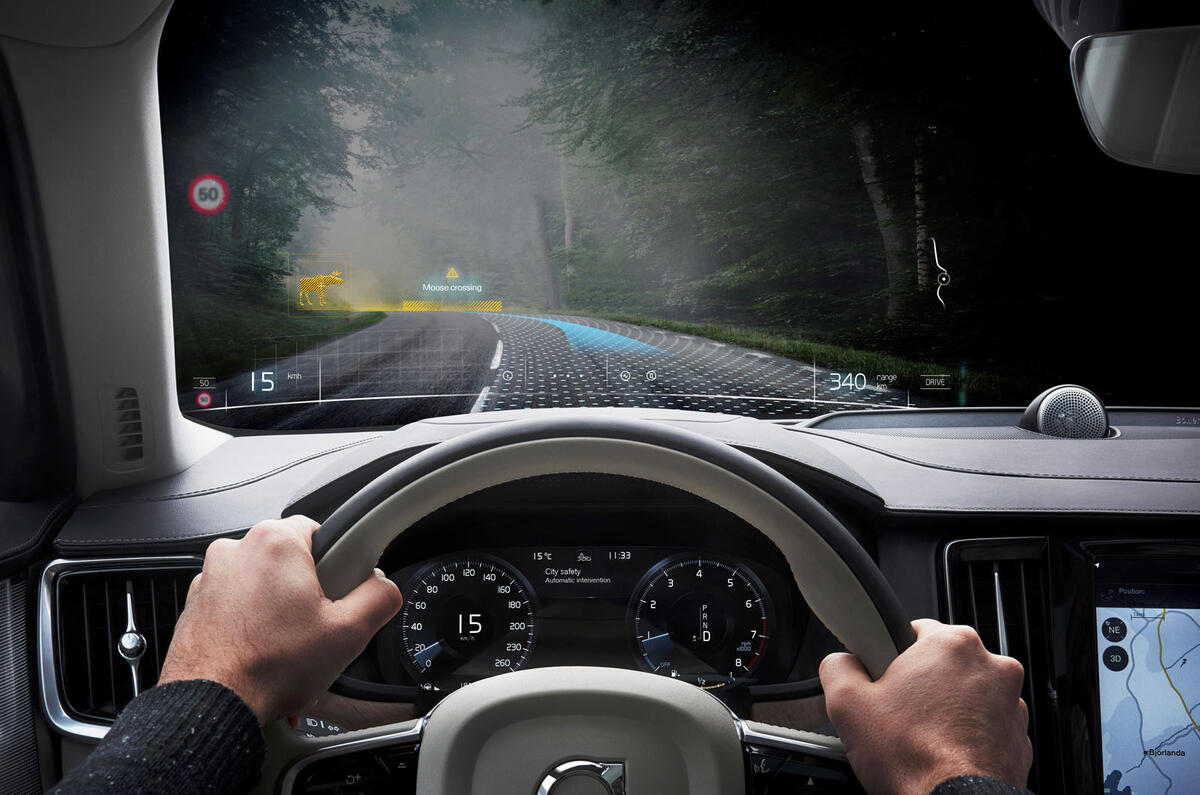
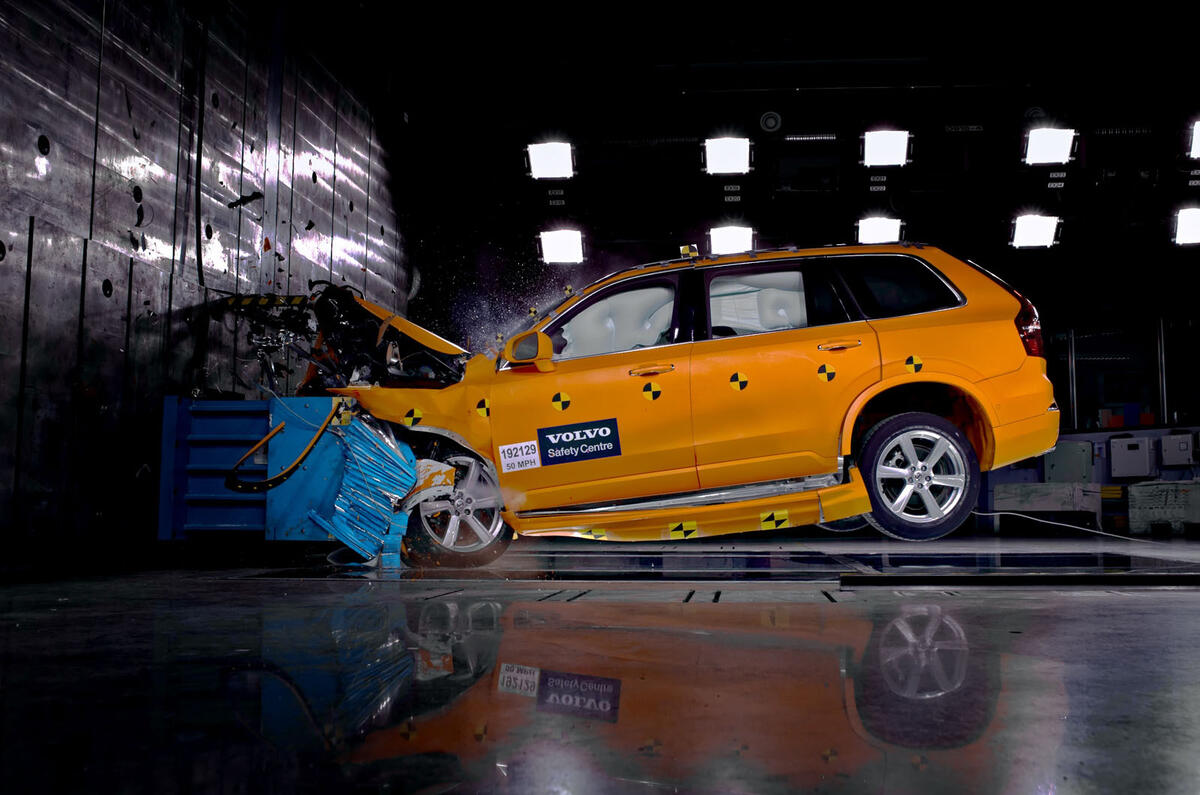
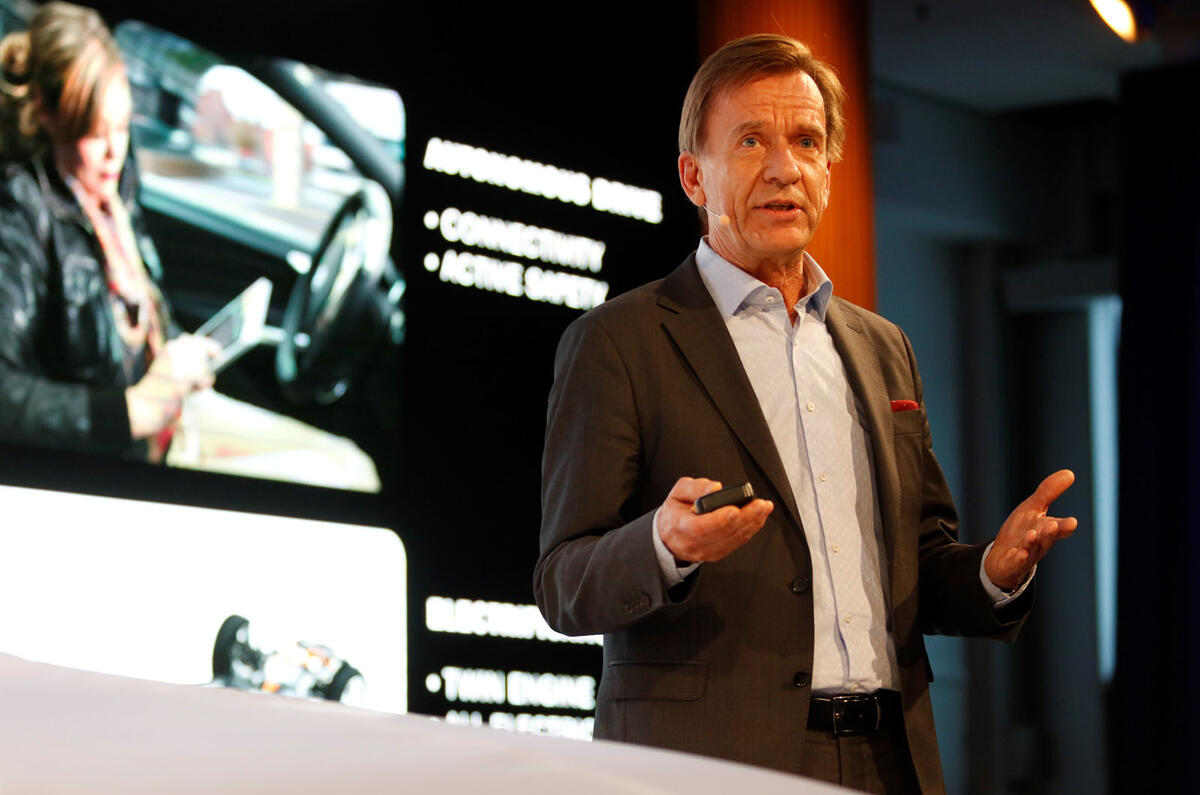
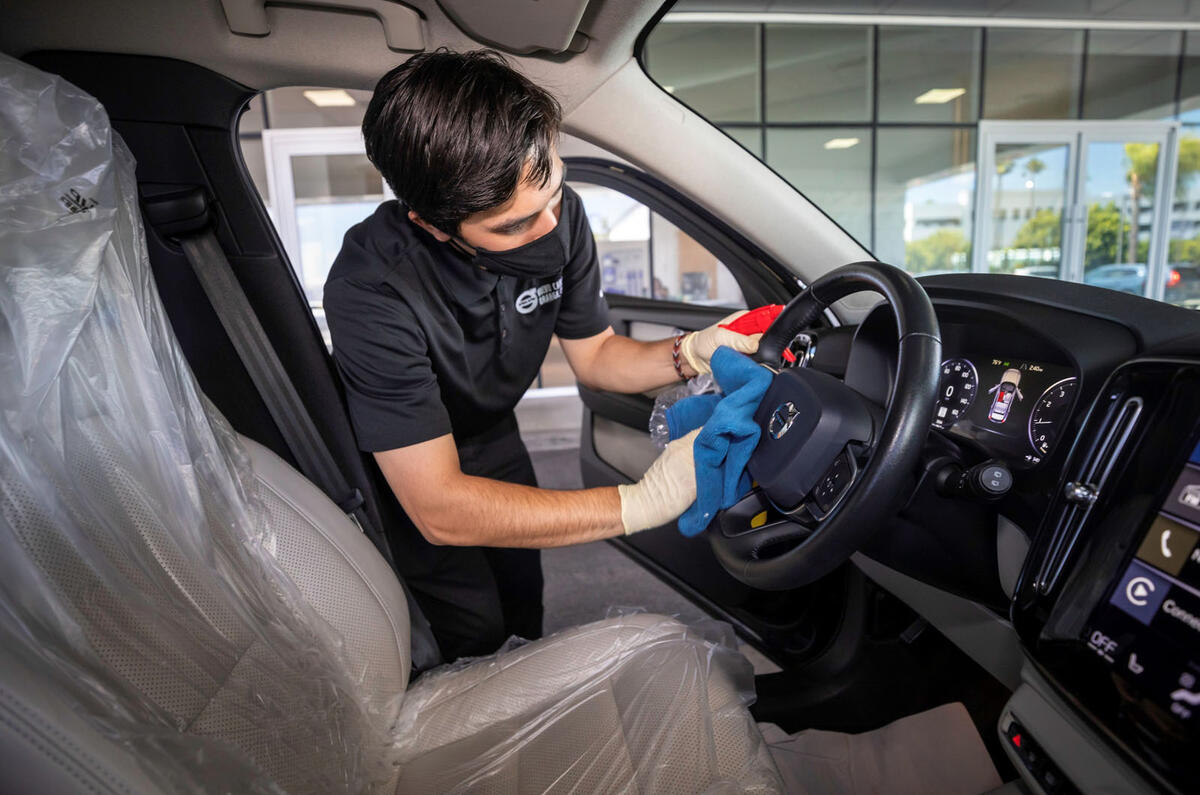
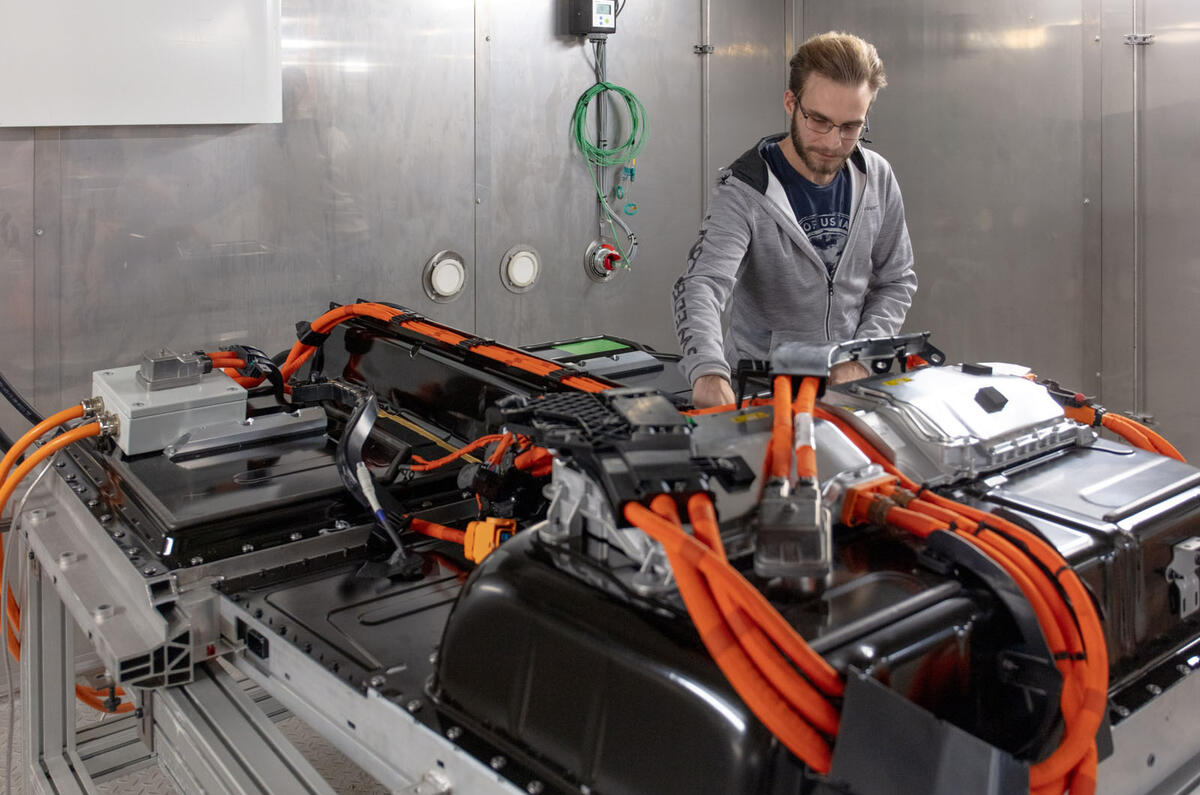
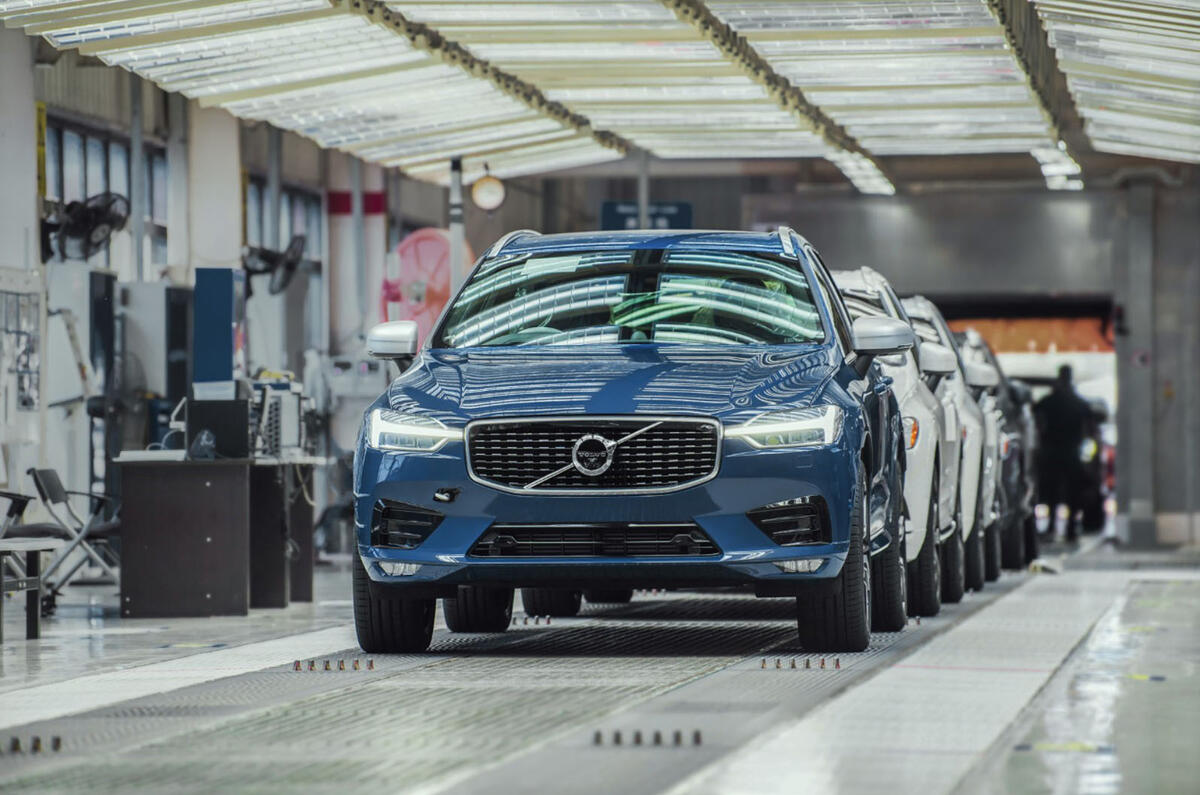
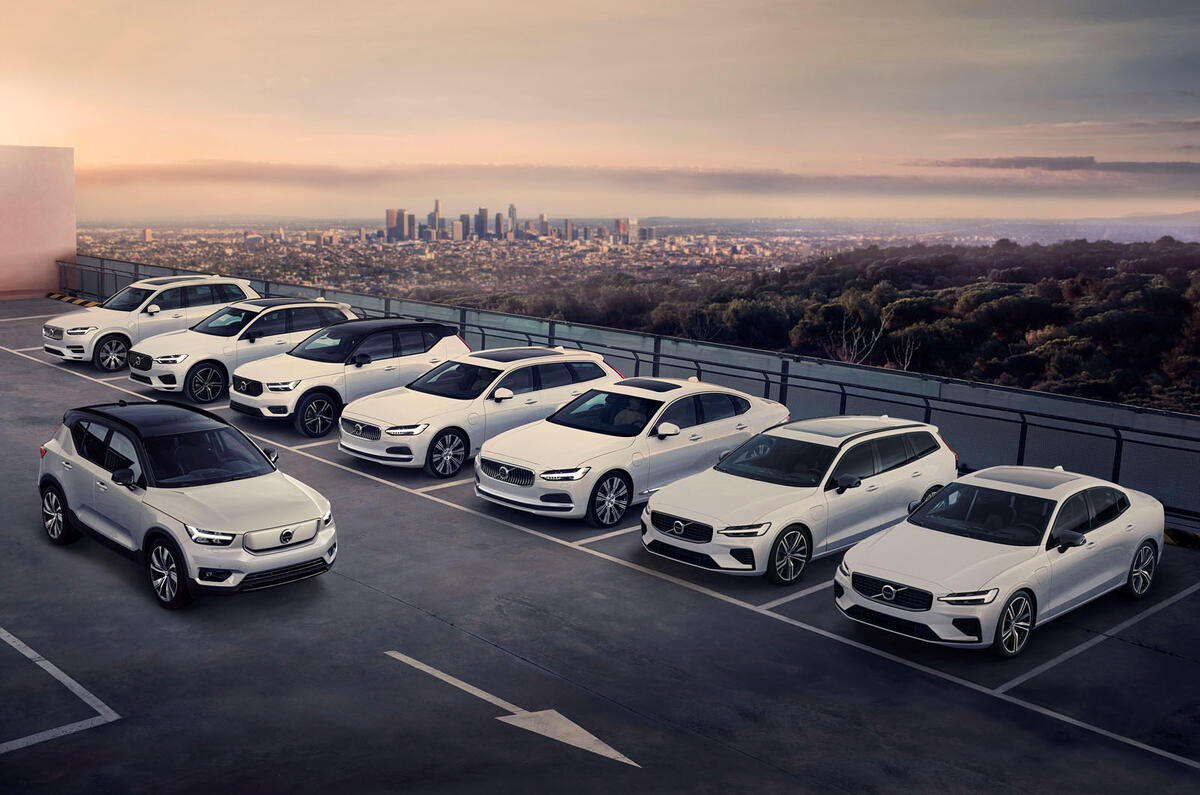
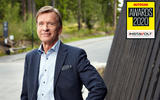
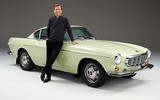


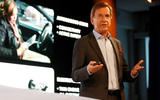
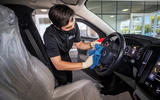
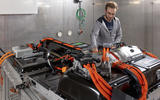
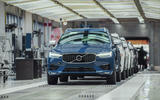


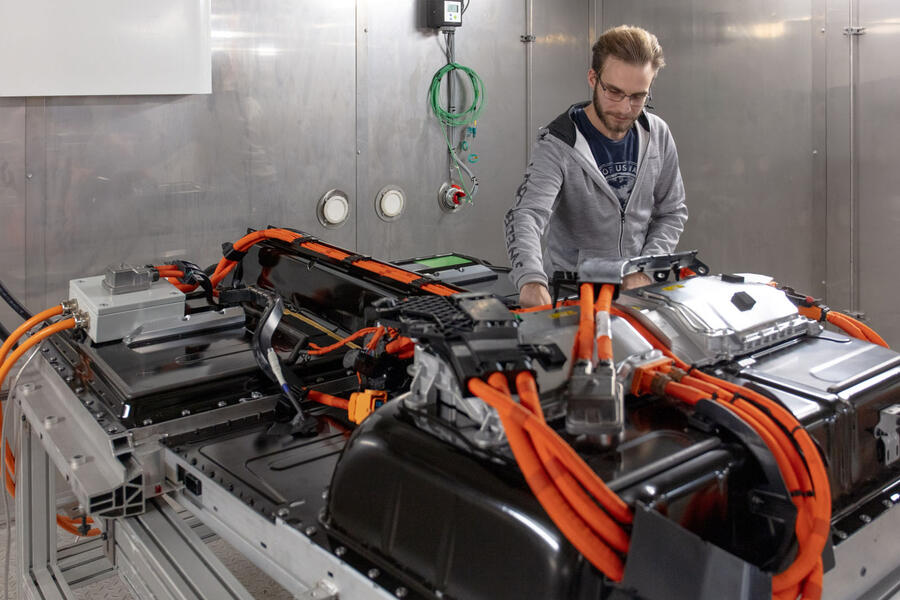
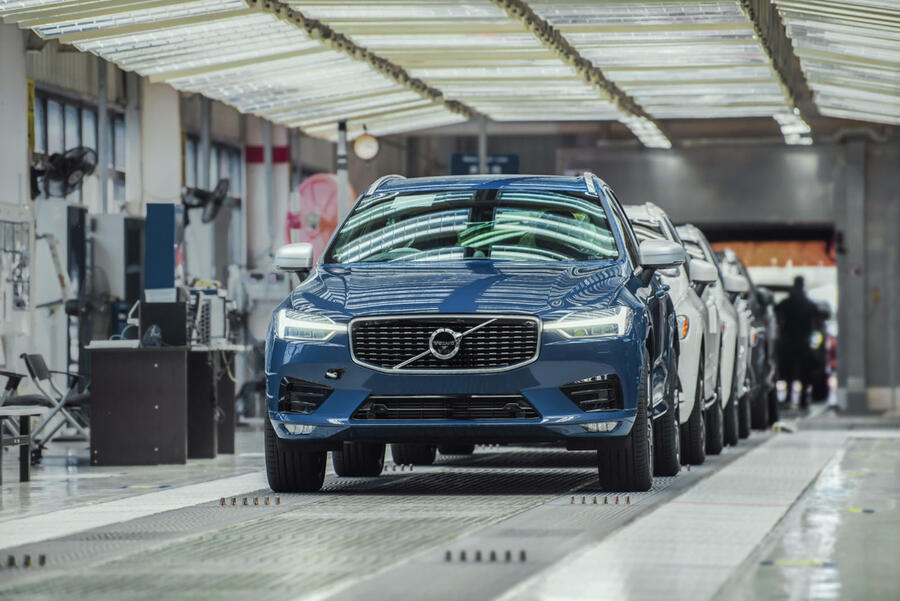
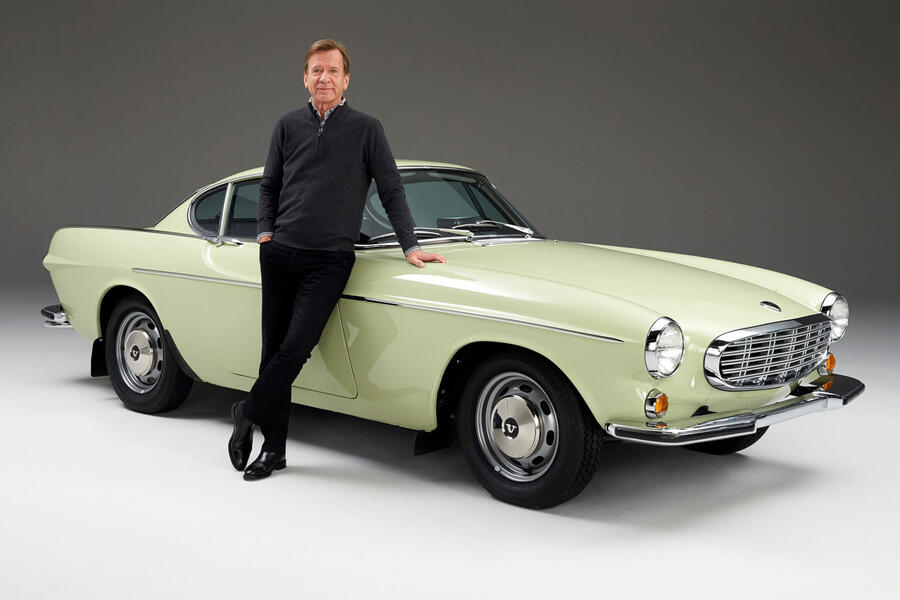





Join the debate
Add your comment
Elon Musk should have got
Elon Musk should have got this award, Samuelson has achieved a great deal but it's nothing compared to what musk has achieved in just 15 years, let alone the last year in spite of this pandemic. From startup to one of the worlds most valuable car companies in that short time frame. Disrupted every single legacy car maker without question to convert to electric, not including probably full autonomous car driving in the next couple of years etc, etc,etc and that doesn't even include that silly little SpaceX venture you might have heard of. Giving this award to Noddy would have been less insulting. What a joke this mag has become.
Awards
Chinese Money
I wonder why there is no credit given to the real winner of this award, Chairmen Li Shufu who has pumped billions into this chinese owned and operated company to support atrocities in China such as the muslim death camps and the Hong Kong invasion.Every Volvo owner has the blood of innocent children on their hands.
WinstonAlexanderson wrote:
You got evidence of "muslim death camps"? Care to explain how China has invaded, er... China?